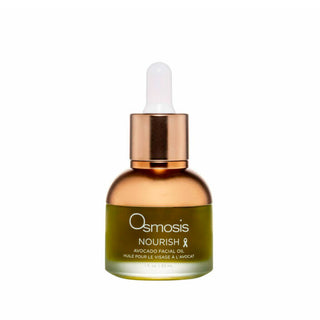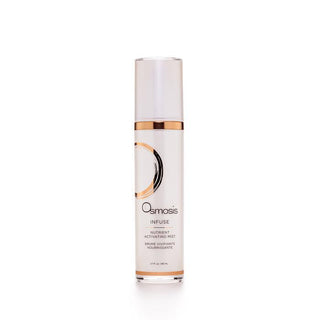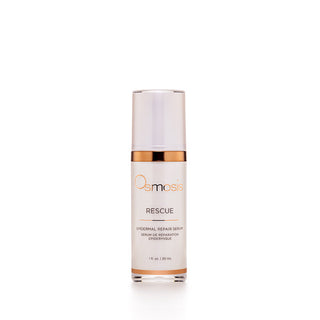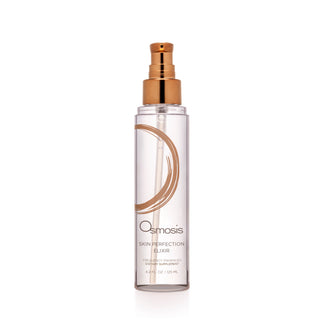Dry and Dehydrated Skin

We know your dry and dehydrated skin is getting you down. It can be uncomfortable, itchy, and tight. You would think that treating dry skin is easy because it’s so common. But a lot of products out there contain harsh chemicals that dry your skin out even more.
Consider consulting with your physician or licensed skincare professional before embarking on a new treatment or skincare program. If you have any specific questions about these matters, consult a doctor or licensed skincare professional for a diagnosis and customized treatment plan.
Your skin needs moisture to remain supple, healthy, and glowing. So what does it mean when your skin loses this moisture? Dehydrated skin occurs when the outer protective layer of the skin, known as the stratum corneum, loses moisture. It’s entirely normal for your skin to lose moisture on a daily basis, but when your skin loses more water than normal, this is when dehydration comes into play. Dehydrated skin means that your skin doesn’t have the amount of water it needs.
Dry vs Dehydrated Skin
It’s extremely important to distinguish between dry and dehydrated skin because both will require different treatments and attention. You may think that skin lacking in moisture results in dry skin, but the two are very different. While dehydrated skin can look dry, it’s not the same as having dry skin.
Dehydrated skin lacks water, whereas dry skin lacks certain oils. Dry skin is a skin type in the same way that oily or blemished skin is. Therefore, it needs relevant skin care for dry skin specifically.
On the other hand, Dehydrated skin is a condition of the skin that can be rectified by ensuring your skin gets the water it’s lacking.
Causes Of Dehydrated or Dry Skin
There are many factors that can be causing your dry or dehydrated skin. These could be:
- Lack of nutrients
- Inflammation
- Dehydration leading to dry skin
- Overuse of chemicals or physical exfoliants
All of the above can result in removing moisture from the skin, irritating the skin, reducing a healthy blood flow, and, in turn, leading to a compromised lipid (skin) barrier.
If your skin is chronically dehydrated this can lead to inflammation, premature aging (resulting in you dealing with dehydrated aging skin), dullness, and uneven texture.
Environmental Factors
- Change in weather. Harsh weather can easily cause dry or dehydrated skin, especially when temperatures plummet. Change in weather also means it’s more likely to have your skin dry out from a shift of location, such as from a heated car interior to cold air outside.
- Exposure to heat. If you’re sat directly in front of a heater or fireplace, this can dry out your skin.
Lifestyle Choices
- Using the wrong skincare products. If you have a dry skin type, you need to ensure you’re using products suited for that. You shouldn’t be using skincare products that are tailored for oily skin, for example.
- Hot baths and showers. Spending time in a hot and steamy bathroom in a sauna-like environment, or taking long showers or baths, can all serve to dry out your skin.
- Failing to moisturise. If you have dry or dehydrated skin in need of moisture, then moisturiser is a must-have product in your skincare routine. Neglecting to moisturise can only make your skin condition worse.
- Not drinking enough water. You need to ensure your body and skin stays hydrated with the right amount of daily water. Your skin can become dehydrated if you’re not drinking enough water.



